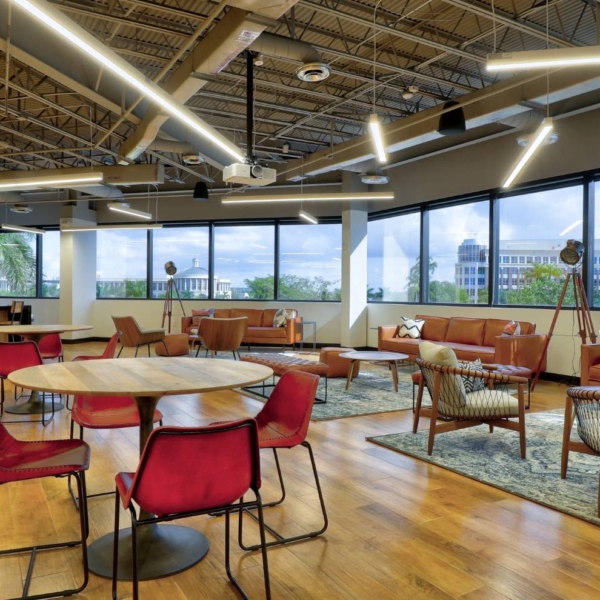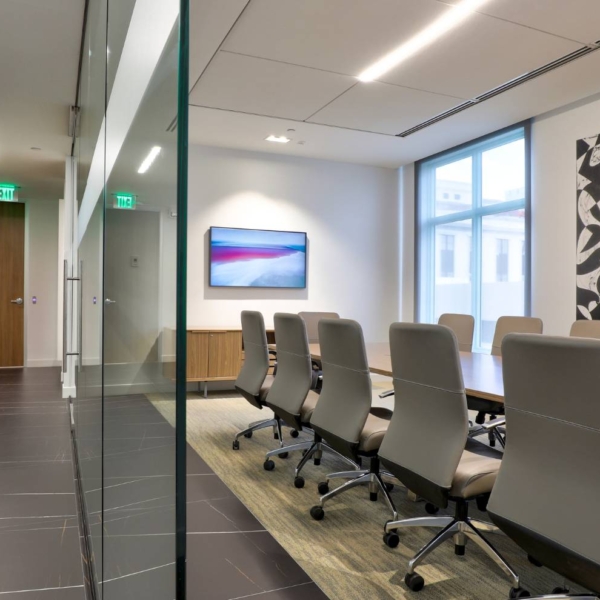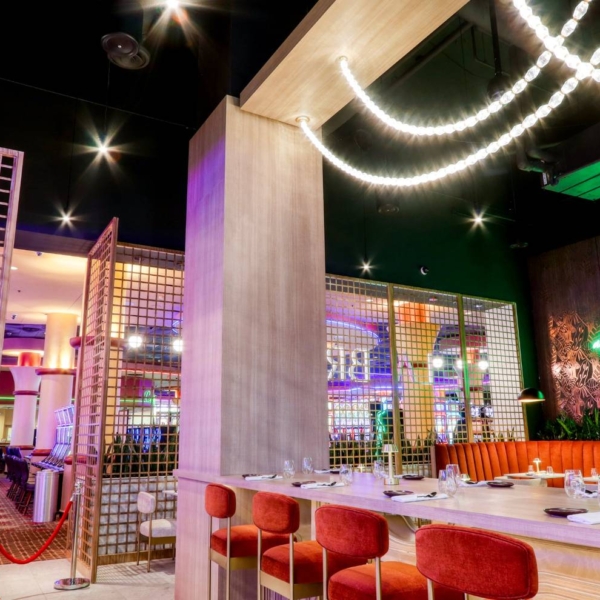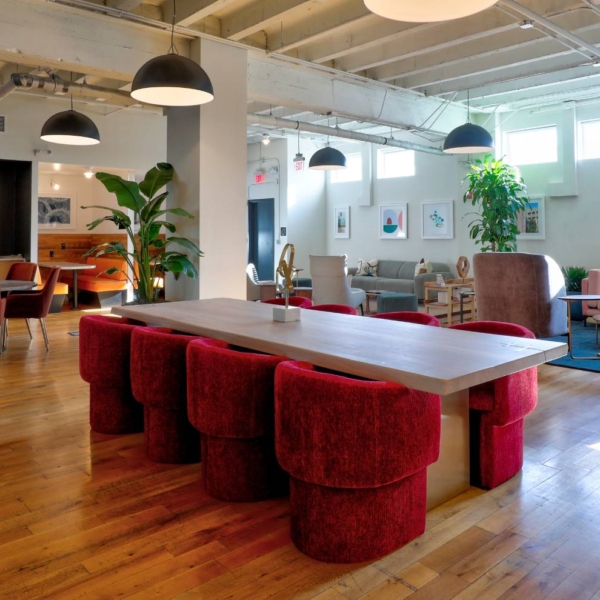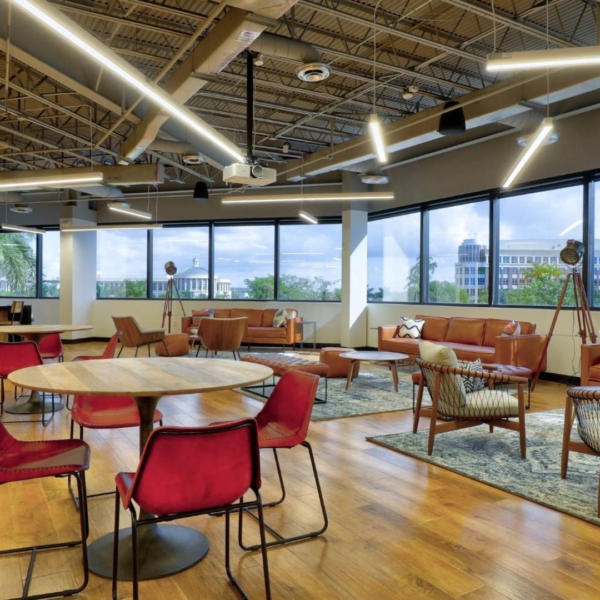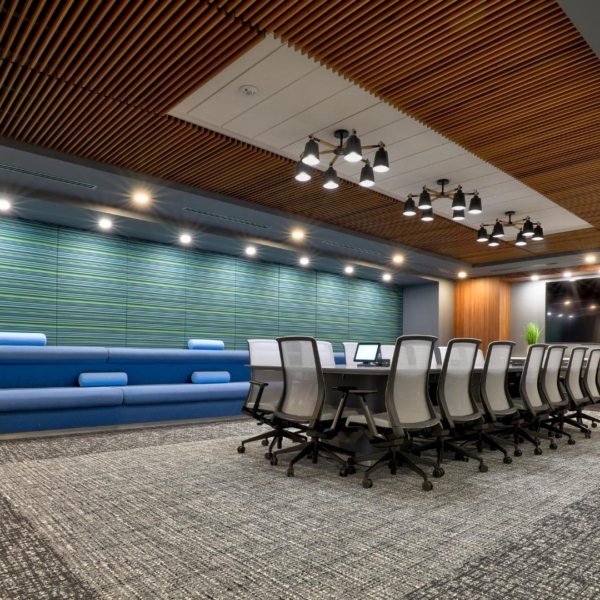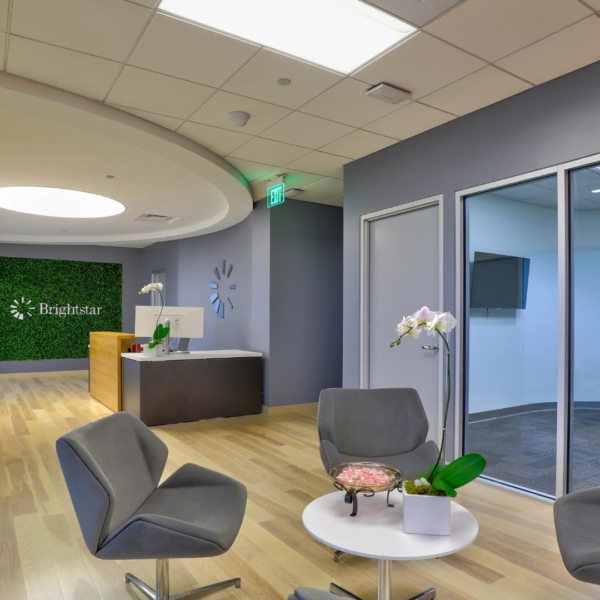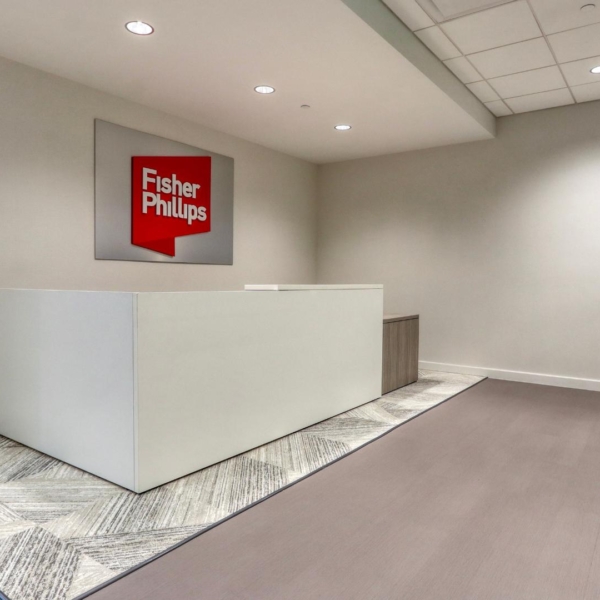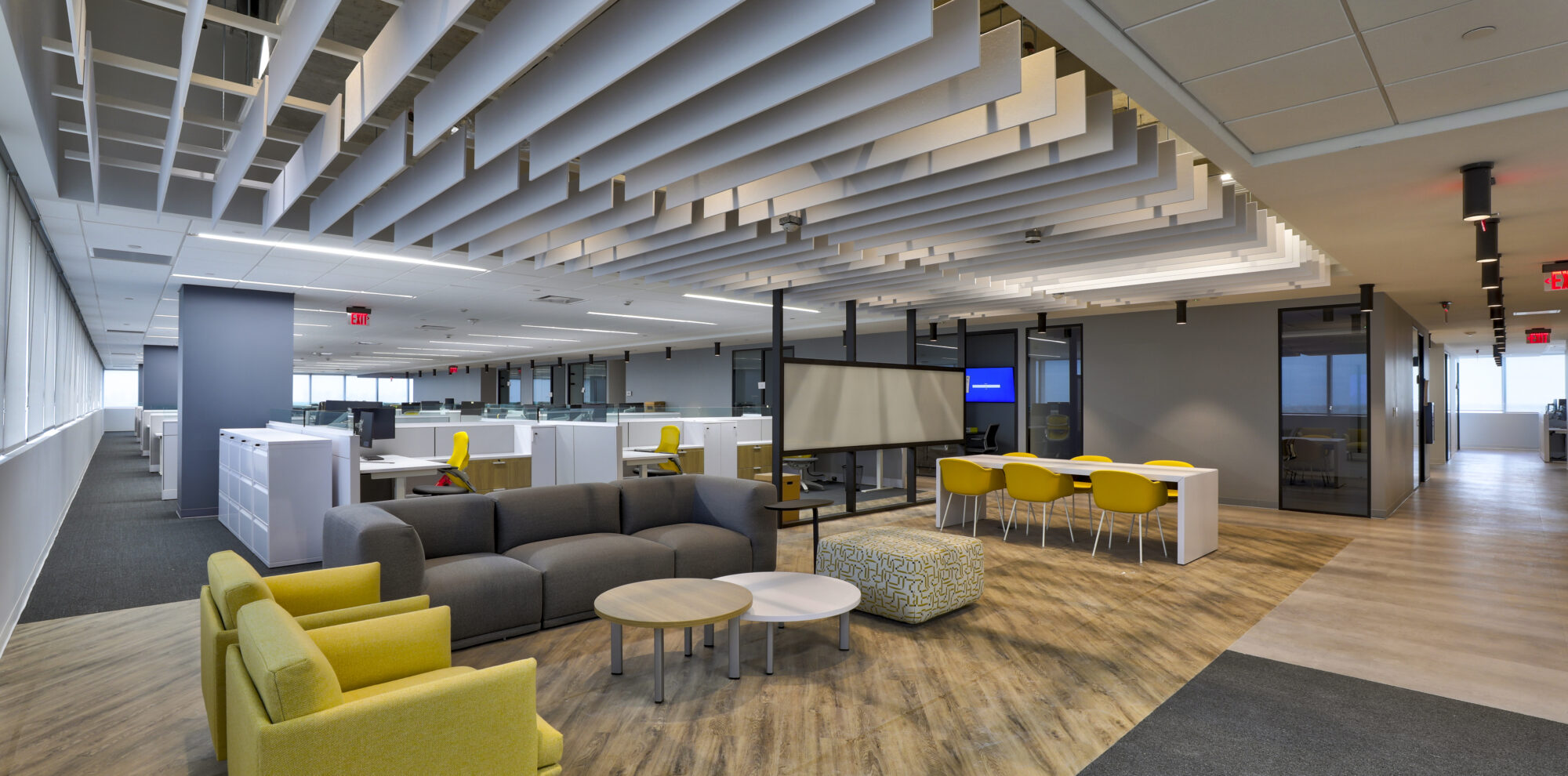On this page, we’ll discuss when should you think about renovating or expanding in Commercial Retail Construction, how to execute the plan, how good commercial retail construction ensures quality work, and more!
Intro To Commercial Retail Construction
Navigating the complexities of commercial retail construction requires a strategic approach, particularly when considering renovation or expansion. Decisions must be grounded in market trends and consumer behavior to ensure that any investment yields a substantial return. As retailers continuously adapt to shifting shopping patterns, understanding the optimal timing for such endeavors is crucial. This introduction sets the stage for an exploration into recognizing those pivotal moments that signal it’s time to revamp or enlarge your commercial space.
In this context, we delve into critical indicators – from spatial needs to competitive pressures – guiding stakeholders through informed decision-making processes within the dynamic landscape of commercial retail construction. We will focus on practical insights that align with business objectives and architectural possibilities.
How to Strategically Plan and Execute a Retail Store Renovation?
Retail store renovation is a critical investment. It can refresh your brand, attract new customers, and increase sales. Planning strategically is vital. First, define clear goals for the renovation. What do you want to achieve? Improved layout, updated look, or more efficient use of space might be among your objectives.
Next, consider hiring experts in commercial retail construction. Professionals bring experience and skills that are crucial for successful execution. They understand building codes and have insights into the latest design trends.
Set a realistic budget next. All costs include materials, labor, permits, and unexpected expenses. A detailed budget helps avoid overspending.
Now, it’s time to plan the timeline carefully. Your business may need to close during renovations, which could affect revenue temporarily.
- Identify peak seasons
- Avoid renovating during these times
Communication with stakeholders is also essential throughout this process.
- Keep employees informed
- Notify customers ahead of time
Lastly, ensure compliance with all regulations related to commercial retail construction in Miami or elsewhere.
Once planning is complete, executing the renovation starts with clearing out space as needed.
- Relocate inventory safely
- Protect areas not being renovated
During renovations, monitor progress closely but expect some disruptions.
After completion,
- Inspect work thoroughly before final payments
- Address any issues promptly
A well-executed retail store renovation can revitalize your business significantly when done right.
Renovations often involve upgrading infrastructure such as lighting or HVAC systems, which improve energy efficiency over time, leading to cost savings.
Remember sustainability practices, too:
- Use eco-friendly materials where possible
This approach benefits the environment and appeals to eco-conscious shoppers, enhancing brand image further.
When to Evaluate the Necessity of Expanding Your Retail Space?
Growth Indicators
Retail businesses often reach a point where expansion is not just an option but a necessity. Sales metrics and customer feedback are primary indicators. If your sales figures have been consistently high and you’re experiencing increased foot traffic, your current space no longer meets demand.
Consider whether products are displayed efficiently. Limited shelf space can mean missed opportunities for additional revenue. A crowded store might also detract from customer experience, prompting the need for more room.
Market Trends
Understanding market trends is crucial in deciding when to expand. Research whether there’s an increase in demand for specific products or if new shopping behaviors emerge that require more space or different layouts.
For instance, if there’s a trend towards experiential retail – where customers engage with products in interactive ways – it may necessitate larger areas within the store to accommodate these experiences.
Competitive Analysis
Watch your competitors closely. Are they expanding their retail spaces? It might be time to consider doing the same to maintain a competitive edge.
A successful competitor’s expansion can indicate market health and consumer interest in specific retail environments or locations like those seen in commercial retail construction Miami projects known for their vibrant shopping scenes.
Location Assessment
Sometimes, external factors dictate the need for expansion. Is there an upcoming development that will bring more traffic near your store? Will road construction affect customer access? Assessing location dynamics helps anticipate future needs and informs timely decisions about expansion before reactive measures become necessary.
Evaluate lease terms as well; nearing lease expiration could be an opportunity to negotiate additional space or move to a more prominent location altogether.
Financial Health Check
Reviewing financial health is essential before any major business decision, like expansion through commercial retail construction services. Do you have enough capital for renovation costs without jeopardizing operational stability?
Consider consulting with financial experts specializing in commercial construction company dealings – they can provide insights into budgeting effectively while ensuring you don’t overextend financially during expansions.
After thorough evaluation against these criteria, engaging professional retail general contractor services becomes critical for executing successful expansions tailored specifically towards enhancing one’s business model within its unique market niche.
- Analyze consistent sales growth over time.
- Listen carefully to what customers say about space constraints.
- Observe how product placement affects sales potential.
- Investigate if industry trends would benefit from expanded facilities.
- Monitor competitor movements closely regarding their expansions.
How to Budget and Assess Costs for Retail Store Expansion?
Budgeting for a retail store expansion is a critical step that demands careful planning. It starts with a detailed cost assessment. This involves identifying all possible expenses related to the project. Costs can range from materials and labor to permits and marketing.
First, consider the construction costs. These often form the bulk of expenses in commercial retail construction projects. Hiring reputable commercial retail contractors ensures accurate estimates are made early on. They account for materials, labor, equipment, and specialized services.
Next, factor in design fees if you’re customizing your space. These professionals turn your vision into executable plans that contractors follow.
Remember, legal fees and permit costs, too. Local regulations may require specific building permits before construction begins.
Marketing should also be part of your budget when expanding your store’s footprint. You’ll want customers old and new to know about your more extensive space.
Here’s a simplified list of potential costs:
- Construction materials
- Labor
- Equipment rental
- Design services
- Legal fees
- Permits
- Marketing
After listing these estimated costs, compare them against projected revenue increases from the expansion to ensure feasibility.
Assessing current finances and future cash flows during construction periods is vital, which might temporarily affect sales.
Regular meetings with financial advisors help keep budgets realistic while exploring financing options such as loans or investments.
Always include a contingency fund within the budget for unforeseen circumstances that could inflate costs unexpectedly.
A reliable retail construction contractor will provide valuable insights into what percentage of total cost should be set aside as this emergency buffer.
For example:
Assuming an initial estimate comes at $500k, a sensible contingency might be 10%, bringing total projected spend up by another $50k just in case.
When it comes time to select a contractor for your expansion project, choose wisely. The right commercial construction company brings experience plus efficiency, saving time and money. They understand timelines well enough to not only meet them but sometimes even beat them without compromising quality artistry along the way, which adds value to the overall investment made into the property itself over the years after the completion date has passed.
To summarize:
- Begin by thoroughly assessing all potential expenses;
- Engage experienced commercial retail contractors early;
- Incorporate additional funds like contingencies into the overall budgeting strategy;
- Keep constant communication lines between financial planners throughout the process, ensuring no surprises arise later once the actual build starts happening on the site location chosen during initial planning stages before breaking ground officially.
Where to Find Expert Contractors for Retail Store Renovation?
Finding the right commercial retail contractors is crucial for a successful store renovation—experience and expertise matter. Look for firms with a strong portfolio in retail construction services.
Start by searching online directories and industry associations. They list qualified professionals. Check reviews and ratings to gauge reliability and quality of work. Ask other retailers for referrals, too; they can share insights on contractors they’ve worked with.
Networking at trade shows or conferences can also connect you with industry experts. Here, face-to-face interactions provide a sense of the contractor’s professionalism firsthand.
Remember, local knowledge is invaluable. If your project is in Miami, consider commercial retail construction Miami specialists who understand local regulations and have connections that could benefit your project.
Before choosing a contractor, verify their credentials:
- Ensure they are licensed.
- Confirm insurance coverage.
- Review their safety record.
- Assess previous projects similar to yours.
Once you’ve narrowed down potential contractors, request detailed proposals from each. Compare them not just on cost but also on timelines, materials proposed, and value-added services like design support or after-sale service guarantees.
Why Prioritize Brand Refresh and Modernization in Retail Renovation?
Customer Experience
Retail spaces must evolve to meet the changing preferences of consumers. A brand refresh can transform a store, making it more inviting and relevant. This is crucial for maintaining customer interest and loyalty.
Modernizing a retail space often involves incorporating technology. Digital displays or interactive kiosks enhance the shopping experience. They provide customers with information and entertainment while they shop.
Market Trends
In an industry driven by trends, staying current is essential. Retail renovation allows businesses to adapt quickly to new market demands.
For example, open layouts are popular now. They encourage exploration and create a sense of community within the store. A commercial retail contractor experienced in such designs can efficiently bring this vision to life.
Competitive Edge
Renovating allows retailers to stand out from competitors. An updated look signals to customers that the brand is forward-thinking and dynamic.
Investing in quality materials during construction ensures the longevity of design elements. It reflects well on the brand’s commitment to excellence.
Sustainability Focus
Sustainability has become a key consideration for consumers when choosing where to shop. A modernized retail space can incorporate eco-friendly materials and energy-efficient systems. This not only reduces operational costs but also appeals to environmentally conscious shoppers.
Revenue Growth
Up-to-date stores attract more foot traffic, which directly increases revenue potential. Retailers can optimize product placement by redesigning spaces with customer flow in mind. This strategic approach encourages impulse purchases, boosting sales figures.
A successful commercial retail construction project aligns with these priorities:
- Enhancing customer experience through design innovation,
- Adapting swiftly according to business needs,
- Differentiating brands from their competitors,
- Embracing sustainability as part of corporate responsibility,
- And ultimately driving up revenues through strategic layout planning.
Choosing professionals like retail general or specialized commercial retail contractors ensures high-quality results. Look for those with proven expertise specifically within your locale if location-specific knowledge is essential; for instance, someone familiar with commercial retail construction Miami might be preferred to operate within that area due to its unique building codes or consumer culture.
Why the Right Choice of Construction Partner Is Crucial for Retail Expansion?
Selecting a commercial retail contractor is pivotal in expanding your retail business. The right partner brings expertise, efficiency, and quality to the project. They ensure that new locations reflect your brand’s image and values. This alignment with brand refresh and modernization is essential.
Retail expansion demands attention to detail. A dedicated retail construction contractor understands this well. They will focus on creating spaces that are functional and appealing to customers. Your store’s layout, materials used, and overall design contribute to customer experience.
A reliable commercial construction company offers comprehensive services. These include site evaluation, design support, budgeting, and project management. They handle complexities like permits and zoning regulations, too.
Here are the key advantages of choosing an experienced construction partner:
- Expertise in current market trends
- Adherence to timelines
- Cost-effective solutions without compromising quality
- Strong vendor relationships for high-quality materials
An adept team can manage multiple projects across different locations simultaneously as well.
When embarking on retail expansion through construction or renovation:
- Identify contractors with proven track records.
- Evaluate their portfolio for similar commercial retail projects.
- Discuss scalability options for future growth.
- Consider their approach towards sustainability practices.
Choosing a local contractor, such as those specializing in commercial retail construction in Miami, may offer additional benefits:
- Familiarity with regional building codes
- Access to local suppliers
- Understanding of climate-specific considerations
This knowledge can be invaluable during the planning stages of your project.
What Questions to Ask During Interviews with Retail Construction Companies?
Choosing the right partner for commercial retail construction is vital. It ensures that your vision becomes a reality. To make an informed decision, ask pointed questions during interviews.
Firstly, inquire about their experience in commercial retail projects. Experience speaks volumes about a company’s ability to handle your project’s specific needs. Ask how many years they’ve been in business and request examples of past projects, particularly those similar to yours.
Next, discuss the scope of services offered. A comprehensive service list shows versatility and capability. Find out if they manage everything from design to completion or if you need additional contractors.
It’s also crucial to understand their approach to project management and communication:
- How will they keep you updated on progress?
- What tools do they use for collaboration?
Discuss timelines upfront as well. Delays can be costly:
- What is their track record for meeting deadlines?
- Can they provide references who can attest to this?
Talk money early on, too.
- Get detailed quotes.
- Understand payment milestones. This helps avoid surprises later.
Quality assurance should be non-negotiable.
- Do they have quality control procedures?
- How do they ensure adherence throughout construction?
Lastly, consider location-specific expertise such as familiarity with commercial retail construction Miami standards if relevant to your project.
By asking these targeted questions, you gain deep insights into each potential partner’s capabilities and fit for your expansion goals.
The selection process doesn’t end at the interview stage but continues through careful evaluation of responses received:
Compare experience levels critically; longevity may indicate reliability, while diversity in past projects could suggest adaptability. Reviewing portfolios gives tangible evidence of work quality.
Assessing scope-of-service discussions reveals whether companies are one-stop shops or require third-party involvement, which might complicate coordination efforts.
Evaluating communication strategies clarifies how involved you’d like or need to be throughout the build-out process; frequent updates may offer peace of mind, whereas autonomous teams might speed up delivery times without constant oversight.
Analyzing timeline commitments against industry norms offers perspective on efficiency expectations—delays impact not just finances but also brand reputation as market entry timings shift accordingly.
When to Request and Compare Cost Estimates from Different Contractors?
Requesting and comparing cost estimates is a crucial step in commercial retail construction. It should occur once you have a clear vision of your project. Initial planning must be completed before reaching out for estimates. This means having architectural designs, project scope, and potential timelines ready.
It would help if you gathered cost estimates after interviewing contractors but before making a final hiring decision. This allows you to assess the financial aspect alongside their qualifications and responses to interview questions. The best time to request these numbers is when you can provide detailed information about your project’s needs.
The process involves several key steps:
- Finalize the design plans.
- Define the full scope of work.
- Prepare a timeline with milestones.
With this preparation, contractors offer more accurate quotes reflecting labor costs, materials, permits, and potential challenges unique to commercial retail spaces.
Compare contractor estimates carefully:
- Look for completeness in each proposal.
- Ensure that all aspects of your project are covered.
- Check for hidden fees or unclear charges.
Costs may vary widely between contractors due to different quality materials, labor rates, or profit margins. Comparisons help identify which estimate provides the best value without sacrificing quality or essential services.
It’s also wise to consider timing within market conditions—during an economic downturn, you might get more competitive bids as contractors look for work.
After receiving all proposals:
- Review them against your budget constraints.
- Consider long-term maintenance costs included by some commercial retail contractors.
- Evaluate warranties or guarantees offered on workmanship or materials.
When reviewing proposals from different commercial retail contractors, it’s essential to focus on the price and value provided.
Engaging multiple sources helps ensure that no single estimate skews your expectations unfairly high or low.
Once comparisons are made:
- Narrow down candidates based on both interviews and cost analyses.
- Clarify any discrepancies among estimates directly with the respective contractor(s).
This dual approach – combining qualitative insights from interviews with quantitative data from cost comparisons – leads to informed decisions that balance expertise with expense management in commercial retail construction projects.
Conclusion
Commercial retail construction can significantly enhance a brand’s physical presence through strategic planning, budget assessment, and choosing the right construction partner. Prioritizing modernization during renovations encourages a fresh consumer perspective and aligns with contemporary market demands. Retailers must thoroughly vet contractors to ensure the quality execution of their vision, from initial interviews to final cost comparisons. This diligence ensures that the expansion or renovation of retail spaces meets and exceeds expectations, fostering an environment where businesses thrive.
Retailers seeking to embark on construction projects should act decisively, leveraging the insights provided to streamline their efforts for maximum impact. Contact us today for further guidance or to initiate your next project with a trusted industry expert. Let’s build the future of retail together.

